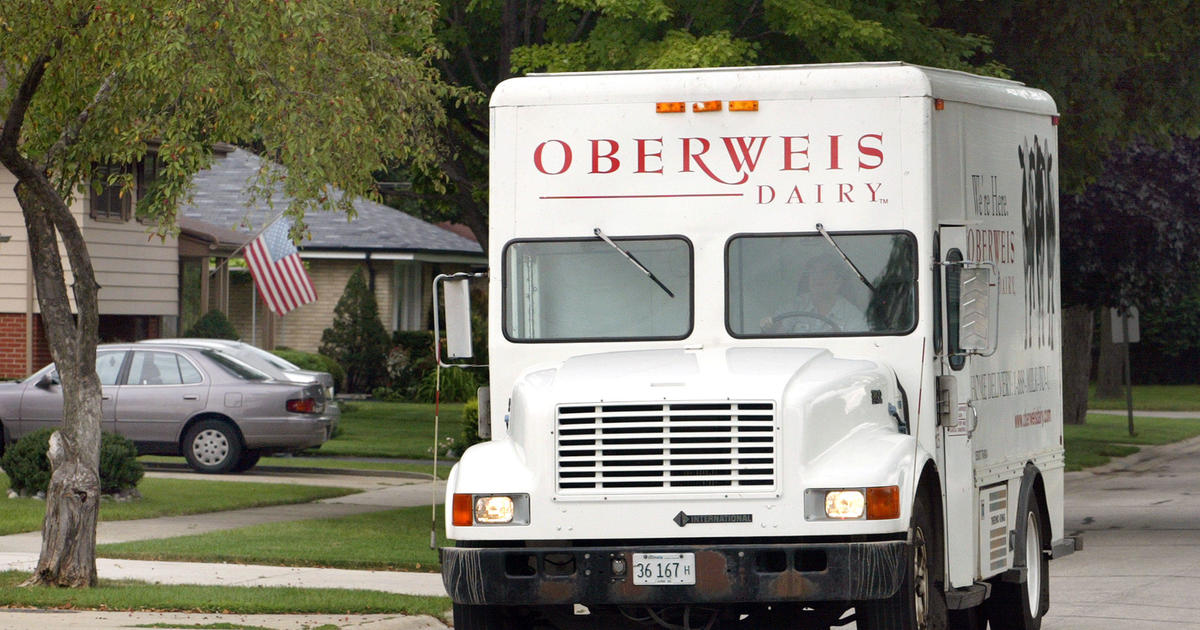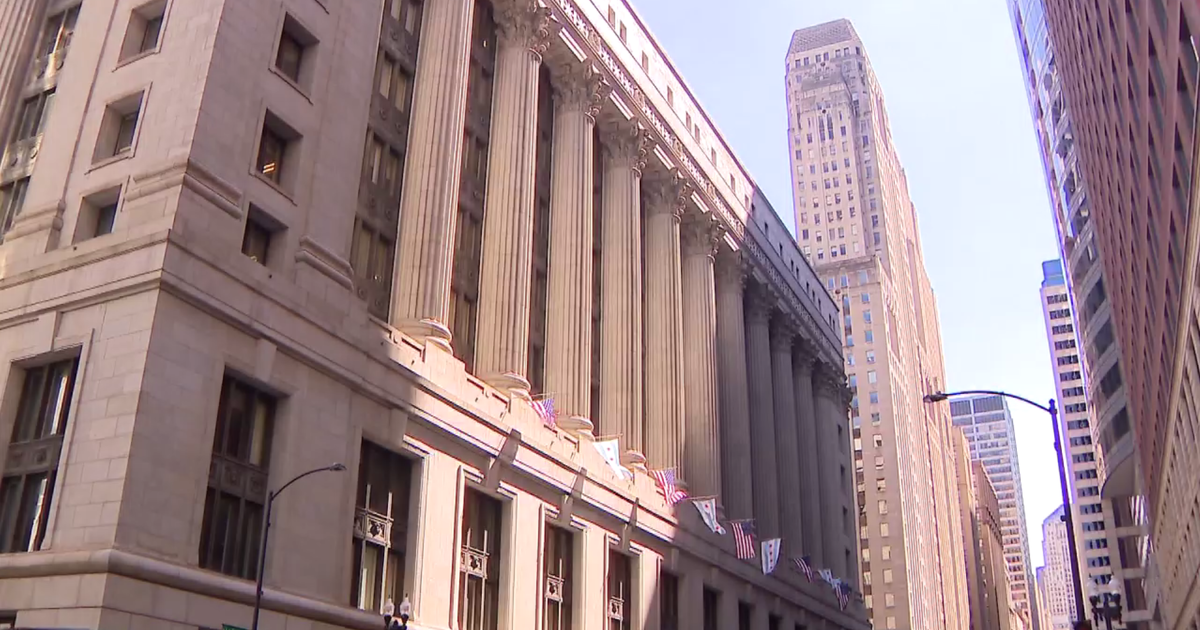Radiation From Japan Detected At O'Hare Airport
Updated 03/17/11 -10:00 p.m.
CHICAGO (CBS) -- Trace amounts of radiation from Japan have been detected in Chicago, but federal officials said there is no potential danger.
As WBBM Newsradio 780's Mike Krauser reports, travelers coming in from Japan triggered radiation detectors at O'Hare as they passed through customs. Only very small amounts of radiation were detected.
LISTEN: Newsradio 780's Mike Krauser reports
Podcast
Mayor Richard M. Daley and other city officials wouldn't provide any additional details, saying federal authorities were handling the situation.
"Of course the protection of the person coming off the plane is important in regards to any radiation and especially within their families," Daley said at an unrelated event.
The Association of Flight Attendants has been in close contact with federal safety officials and members from some 22 airlines. The organization says it has learned the radiation at O'Hare was an amount one would find during normal daily operations.
"There were actually radio isotopes from medical equipment that were actually stored in the plane or the belly or the cargo-hold," Jeffrey Heisey told CBS 2's Pamela Jones.
President Obama says he's confident dangerous levels of radiation will not reach American shores.
"We do not expect harmful levels of radiation to reach the United States," he said Thursday.
Obama's homeland security chief said federal officials are monitoring incoming flights from Japan for even trace amounts of radiation and that none was detected on passengers or luggage.
As CBS 2 Chief Correspondent Jay Levine reports, the mayor said the city has no local policy when it comes to detecting radiation at the airports.
"That would be up to the federal government. Every city can't have a policy. One says yes, one says no, you can't do that. You have to have a federal policy dealing with anyone entering the country in regards to the situations like that," Daley said. "And they handle it very professionally and it will be up to Homeland Security. We've been working with them. They have the primary responsibility."
Chicago Aviation Department Commissioner Rosemarie Andolino confirmed that at least two planes tested positive for elevated radiation levels.
"Yes, we are aware that occurred yesterday. We are working with (U.S. Customs and Border Protection) on this issue," Andolino said.
Neither Andolino nor federal officials would give any specifics as of Thursday afternoon, although Homeland Security officials said they would hold a press conference at some point.
Federal agents at O'Hare's International Terminal have been testing arriving planes passengers and their luggage using personal radiation detectors.
The devices detect the presence of radiological materials. Agents also have been using more sensitive Radiation Isotope Identification Devices to determine both the presence and type of radiation encountered.
Most passengers and airline crew members coming to O'Hare from Japan on Thursday said that it appeared the amount of radiation the radiation they'd absorbed was not dangerous.
"Not surprising, not concerning," one passenger said.
"I think it's perfectly safe from what I've heard," Flight attendant Ben Johnson said, adding that he wasn't concerned.
Sarah Gregg, who hadn't heard about the radiation detected on some passengers and luggage from Japan said "that is a little concerning, sure it is."
But her husband, Shad Gregg, said, "I would go the other way. I'm not that concerned. I think it's going to be minor, if anything, at this point."
Customs officials said that no aircraft entering the U.S. has tested positive for harmful levels of radiation. Travelers who show signs of radiation sickness are being referred to health authorities for proper treatment.
Daley declined to speculate about what kind of radiation levels might prompt a plane and its passengers to be turned away from O'Hare.
"I cant say yes or say no and pick one or the other," Daley said. "That will be up to the health and safety of everybody on the plane and those that have been detected in regards to their family and their situations."
United Airlines is the largest U.S. carrier to Asia. The airline said it isn't cutting flights to Asia, but is monitoring the situation in Japan. United uses Tokyo's Narita airport as a hub for flights further into Asia.
Representatives for the United Airlines Pilots' Association said, "Our focus right now is the safety of our pilots. And we are working with (United) to make sure that happens. Making sure the crews are re-located to safe hotels outside the 50-mile radiation zone at Narita Airport. And that there are enough replacement crews. Because the crews that are laid over aren't getting the proper rest."



